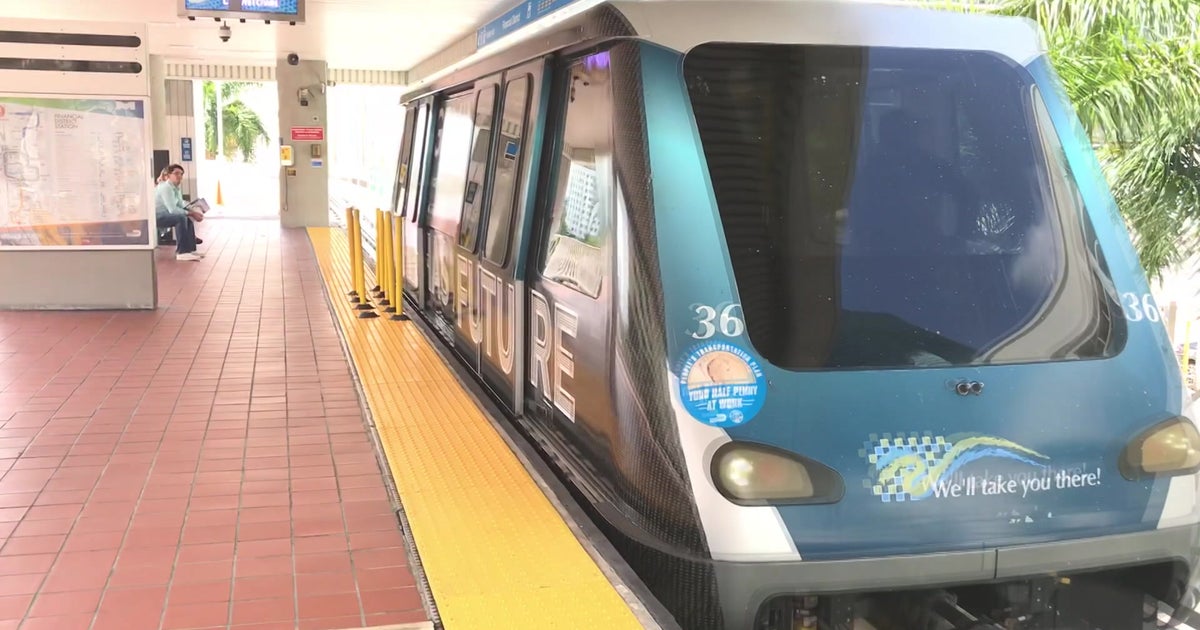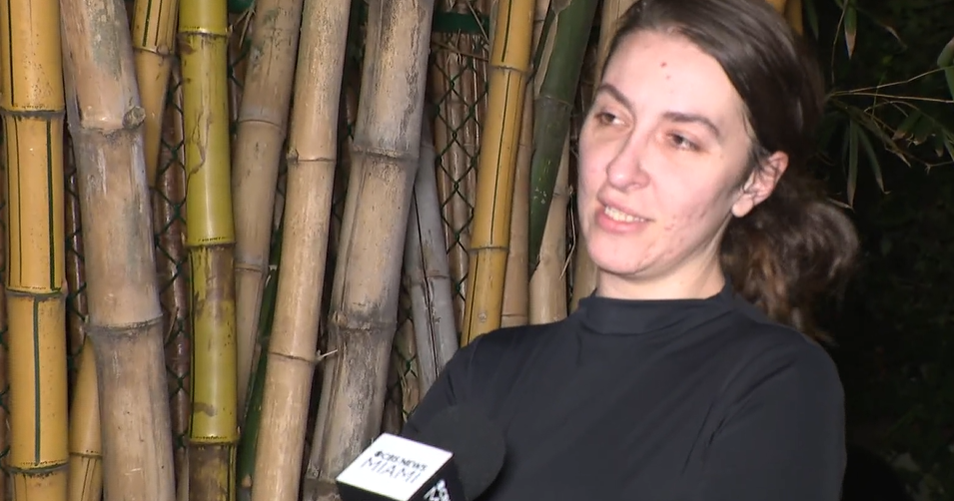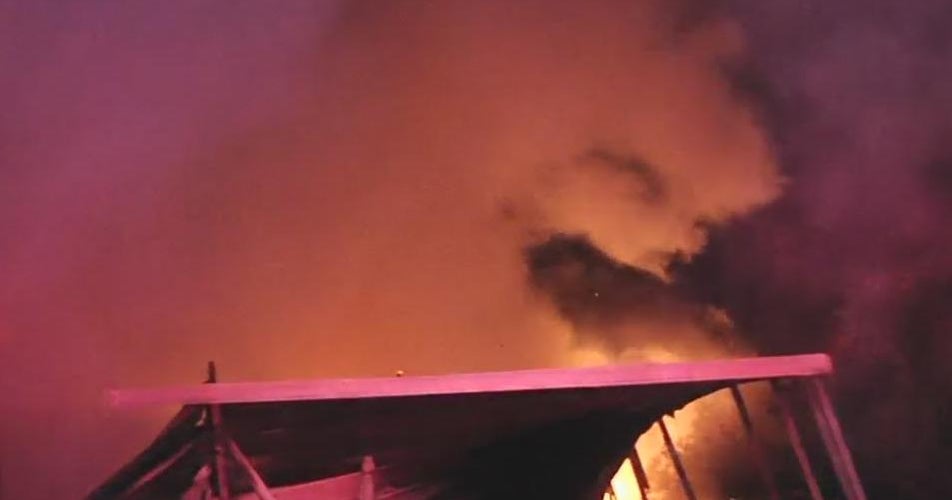Miami's Calle Ocho neighborhood gets buzz but the area to the north is what many Cubans first embraced
MIAMI -- Although the Calle Ocho neighborhood is considered in many circles to be the center of the Cuban exile community, just a few blocks to the north sits another district that is considered by some to be the original of all things.
At SW 12th Avenue and Flagler Street is the epicenter for where Cuban migrants first arrived many decades ago.
"They came here first in big numbers before Calle Ocho," historian Paul George said.
During the late 1950s and early 1960s, the area flourished with shops, stores and restaurants, all of them catering to the early Cuban exiles.
"This is where your first cluster of Cubans -- in terms of retail shopping -- were (in) this immediate area right here," he said.
The area was originally referred to as "La Saguesera," which is Cuban slang for southwest.
Although a fire ravaged the area in the 1970s, vestiges of the original buildings remain behind slapdash facades and are still visible.
The area was also where the ventanita, or the South Miami coffee windows, made their debut.
Ingrid Argueta, a long-time local resident and historian, told CBS4 that the ventanitas were in the Flagler neighborhood long before the Calle Ocho area blossomed,
"Not Calle Ocho," she said while in the area recently. "Actually right here in this little shopping center."
In 2022, the neighborhood is still evolving.
Argueta is a Guatemalan who knows all about change in the neighborhood.
"I was part of a small number of Guatemalans living in Little Havana (and) now it has grown to 30 percent," she said. "Prior to the arrival of the Cuban populations the neighbored was a mix of Jewish and American Southerner residents."
So why are Cubans now moving to Calle Ocho?
"People were living around there more than here," George said, adding that Calle Ocho had more residential areas and an abundance of single-family homes, while SW Eighth Street "became a more fashionable street than Flagler."




